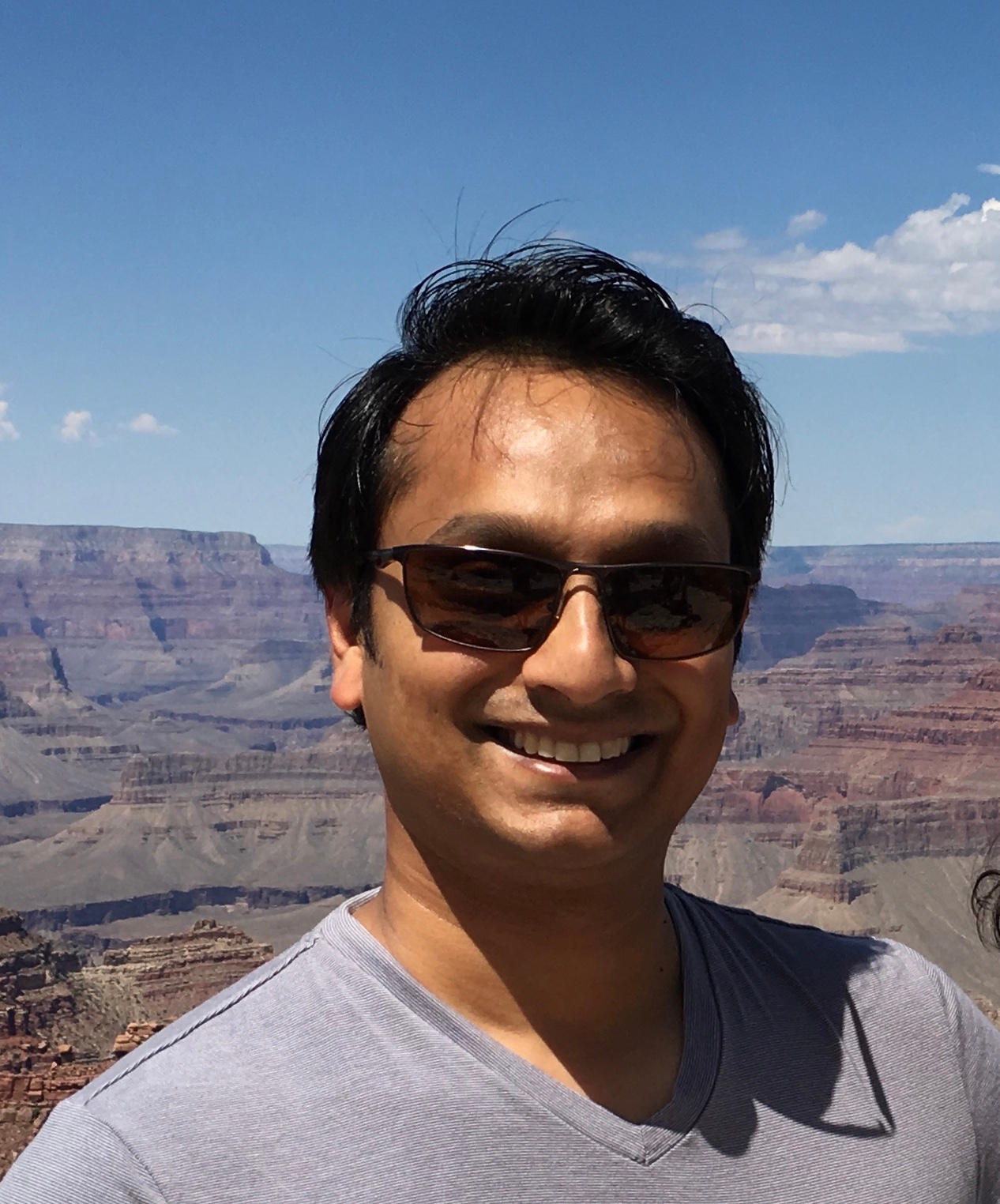Blazing Trails to Local and Global Sustainability Change
January 3, 2020

By Alec Masella
When it comes to leadership, Executive Master of Natural Resources (XMNR) alum T. Adil Chowdhury stands as a trailblazer in the sphere of global sustainability. His deep understanding of stakeholder engagement and cross-disciplinary teamwork has helped him achieve a number of successes in both sustainable development and policy making. In his current role as a Climate Advisor for the Natural Resources Defense Council (NRDC), Adil strives to make the City of San Antonio, Texas, run fully on renewable energy.
Hailing from an engineering background, Adil first became active in sustainable development through project management and modeling work with green infrastructure. One of his most notable positions prior to NRDC was that of the Bangladesh Country Director at the Institute for Sustainable Communities. In that role, Adil established a center that, to date, has trained over 5,000 factory managers on green practices, such as energy efficiency and pollution prevention. The work relied on a private-public partnership, giving Adil a solid foundation for his work with NRDC today.
“It must be apparent to me that any job I take has the capacity to drive change,” he says. “The XMNR program focuses on producing changemakers, and that is what drew me to become a student to begin with. I started at the Institute for Sustainable Communities in Bangladesh after graduating, and now I am continuing my work in private-public partnerships with NRDC; although, now I am working specifically on policies that will create avenues through which renewable energy and energy efficiency can proliferate. It all comes back to being the impetus for change.”
As for the City of San Antonio, Adil is working to achieve four goals through the American Cities Climate Challenge: transition the city to use one hundred percent renewable energy; start an energy benchmarking program for all large commercial buildings; implement electric vehicle and solar-energy readiness codes for new construction developments; and establish a Property Assessed Clean Energy (PACE) loan program. Companies throughout the city have been eager to integrate sustainable practices in their business operations, and these loans could have a regional influence in the state.
“It’s exciting to know that so many businesses are interested in sustainability,” Adil says. “ Now, I am building the momentum through local government to create citywide policies. I learned all about stakeholder engagement when I was in the XMNR program, and it’s something I have found myself working with on a daily basis. This sort of engagement, especially when it’s with officials from a wide range of different backgrounds, is critical. I work as the balance of information that flows between those internal and external stakeholders— those who want to implement green practices, and those who will fund them to actually do it.”
As it turns out, San Antonio is one of twenty-five cities in the country that got $2.5M of resources and capacity from Bloomberg Philanthropies to accelerate their climate goals, like establishing PACE. In commercial settings, this sort of financing helps with energy efficiency upgrades, disaster improvements, water conservation, and renewable energy installation measures. The success of PACE financing through Adil’s work could mean greater involvement with combating climate change, at both community and governmental levels. While businesses demanded it for some five years, PACE is finally expected to be a reality for San Antonio in March 2020—nine months after Adil’s arrival in Texas.
“The more I work with local government,” he says, “the more I realize that sustainability is comprehensive. In my previous work with engineering firms, my management roles focused more on the technical aspects of infrastructure. But now, I am more aware of the social implications of development. There is a lot that goes into producing change, and my work with NRDC has so far been very eye-opening to me. Fortunately, we are heading in the right direction. The best thing about sustainability work is that it is a trade that never regresses. It only gets better.”



